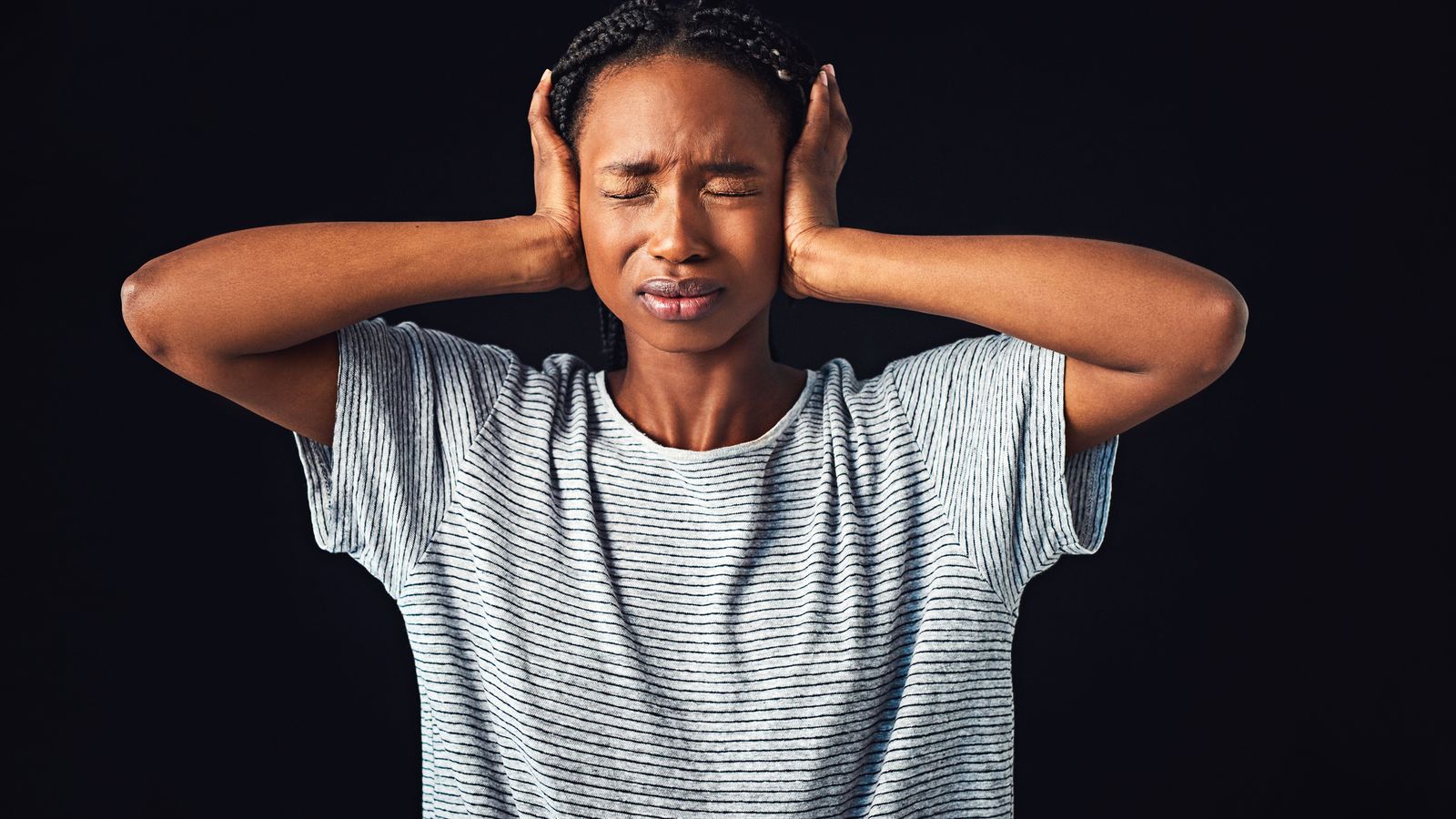Nearly one in five people in the UK suffer from misophonia, a study suggests.
Never heard of it?
Well, do you find the sound of someone chewing loudly annoying?
Or does the sound of someone slowly sipping their tea tickle your nerves? Maybe they sniff a little louder than you’d like…
There may be a scientific explanation for your irritation.
Research from King’s College London and the University of Oxford suggests 18.4% of the general UK population report that certain sounds cause problems for them – this is known as misophonia.
Misophonia can trigger a strong negative reaction to common sounds, such as breathing, yawning, or the sound of someone tapping.
The NHS says misophonia is specifically when certain sounds make people angry.
But those with misophonia have reported feelings of panic because of some sounds, too.
New study sheds light on misophonia
The Oxford and King’s College study used a questionnaire to find out more about misophonia.
After looking at samples from 772 people – of different ages and ethnicities in the UK – the researchers found that only 13.6% of people had heard about the condition, and 2.3% identified as having it.
The study also revealed that misophonia was equally common in men and women and that it tended to be less severe with age.
Some of the most triggering sounds for sufferers include normal breathing, footsteps and swallowing, the study found.
Read more on Sky News:
White, brown, green and pink noise: Can these sounds help you sleep better?
Toothed whales use their nose to produce the loudest sounds
Its senior author, Dr Jane Gregory, a clinical psychologist at the department of experimental psychology, University of Oxford, said: “The experience of misophonia is more than just being annoyed by a sound.”
Dr Gregory said misophonia can often cause feelings of helplessness and “being trapped when people can’t get away from an unpleasant sound”.
“Often those with misophonia feel bad about themselves for reacting the way they do, especially when they are responding to sounds made by loved ones,” she added.
Can misophonia be treated?
More needs to be done to understand the causes of misophonia and how to help those that may be affected by it.
Lead author Dr Silia Vitoratou said: “We have shown that everyday sounds made by others negatively impact the lives of nearly one in five people in the UK.
“Our study also suggests that many people may not recognise they have misophonia.”
Most suggested treatments currently focus on mental coping techniques.
They include relaxation, deep breathing, sound therapy and cognitive behavioural therapy to reduce anxiety.
But the study on misophonia – which was funded by the National Institute for Health and Care Research (NIHR) Maudsley Biomedical Research Centre and Wellcome, and published in the journal Plos One – could be the start of new thinking on how to help sufferers.
“We believe the scale we have developed will help us to understand misophonia better and will also help health professionals to support those who suffer from misophonia,” Dr Vitoratou added.
Misophonia and hyperacusis: What’s the difference?
There are two forms of sensitive hearing. While misophonia causes emotional discomfort, hyperacusis causes physical discomfort.
According to the NHS, hyperacusis is when everyday sounds sound louder than they should, which sometimes can become painful.
If you have hyperacusis, you may be affected by sounds like:
– A dog barking
– A car engine
– The sound of someone chewing
– A vacuum cleaner
– Coins jingling
The NHS says that hyperacusis can affect one or both ears and can come suddenly or develop over time.










